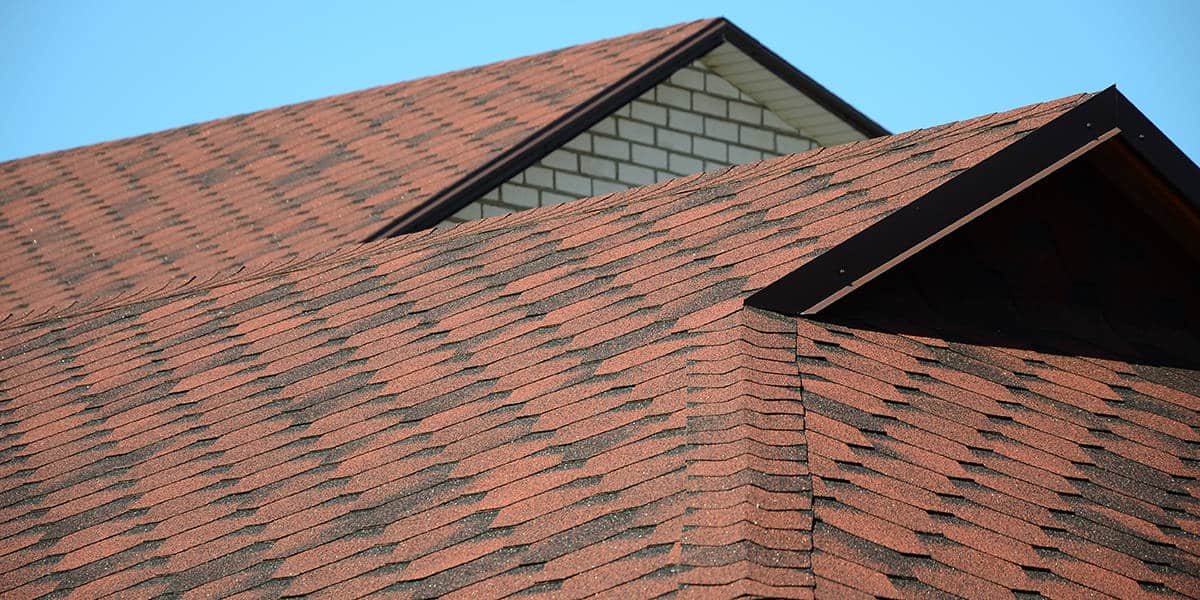Finding Retirement Homes in Houston: A Comprehensive Overview
Are you or a enjoyed one thinking about a transfer to an independent living community in Houston? As the population ages, the need for helpful and enriching living atmospheres ends up being significantly crucial. If you’re searching for solutions or considering options for a loved one, this guide will certainly offer beneficial insights into independent living in Houston. We will cover the kinds of elderly living communities, the advantages they supply, and exactly how to pick the ideal one for your family.
What Are Retired life Homes?
Definition and Kinds
Retirement homes, additionally known as senior living communities, are made particularly for older adults who are normally energetic however seek the ease and community sustain these centers give. Common sorts of retirement community consist of:
Independent Living: Suitable for elders that can live independently yet want a community-oriented lifestyle. Citizens delight in a kicked back lifestyle with numerous features and social activities.
Assisted Living: This option supports senior citizens who need support with daily tasks, including medication monitoring and individual treatment, while focusing on maintaining independence.
Memory Care: Developed for people with Alzheimer’s or various other kinds of dementia, these facilities offer specialized care in safe environments staffed with trained experts.
Proficient Nursing Facilities: These provide extensive treatment for elders with more intensive medical care requirements, ensuring they obtain the assistance necessary for their wellness.
The Significance of Elderly Living Communities
Senior living communities play a vital duty in boosting older adults’ lifestyle. They give not only sanctuary however additionally advertise socializing, physical wellness, and access to solutions tailored to elders’ requirements.
Why Choose Retired Life Residences in Houston?
Diverse Options: Houston uses a wide variety of retired life living selections, making it simple to find a setting that lines up with specific way of lives and choices.
Cultural Richness: Houston is recognized for its vivid cultural scene, offering citizens accessibility to museums, cinemas, parks, and a rich selection of community events.
High Quality Healthcare Access: Houston is home to top-tier clinical facilities, making certain that citizens can obtain treatment when needed. Proximity to professionals and health centers is a critical factor for numerous retired people.
Pleasant Climate: The subtropical environment in Houston enables year-round outdoor activities, making it appealing for elders who enjoy spending time outside.
Benefits of Retired Life Homes
Boosted Safety and security: Security features such as emergency situation phone call systems and secure access are created to give peace of mind for locals and families alike.
Social Interaction: Senior living promotes social interactions among homeowners, supplying numerous chances to satisfy brand-new friends and appreciate shared experiences, combating sensations of solitude.
Maintenance-Free Living: Homeowners normally appreciate maintenance-free living, releasing them from jobs like lawn job and home repair services.
Accessibility to Care Providers: For those in assisted living or memory treatment, access to on-site health care experts makes a considerable distinction in handling health problems.
Selecting the Right Retirement Home
Examine Individual Requirements: Evaluate the specific demands of your loved one to identify the needed level of care, considering wellness problems and desired lifestyle.
Research Communities: Explore numerous retirement community offered in Houston via online sources and suggestions from friends or family members.
Arrange Tours: Touring multiple centers is necessary for evaluating the setting. During sees, assess the tidiness, team interactions, and readily available features.
Read Reviews: Online reviews can use insights into community toughness and weak points, aiding you make more enlightened decisions.
Understand Financial Considerations: Each retirement home has its pricing framework. Clarify what solutions are included and ask about extra costs to prevent shocks.
The Change to Retirement Living
Planning for the Move
Transitioning to an independent living community can be psychological. Right here are some steps to ease this process:
Entail Your Loved One: Engage them in the decision-making procedure to help them really feel valued.
Strategy Ahead: Talk about the move in advance and take care of logistics like packing and arranging items.
Familiar Products: Consist of personal products like family photos to make their new room feel like home.
Clearing up In
Once the relocation is complete, support your enjoyed one by:
Promoting Social Connections: Urge them to participate in community tasks to promote partnerships.
Preserving Interaction: Normal check outs and telephone calls provide emotional support and confidence.
Final thought
Navigating the options for independent living in Houston can really feel overwhelming, but understanding the readily available alternatives can supply quality. Focus on the requirements and preferences of your liked ones, and take the time to explore offered options. Bear in mind, they should have a nurturing, involving, and safeguard place to live. If you’re ready to discover independent living even more, think about reaching out to Holly Hall to learn more and individualized support.
